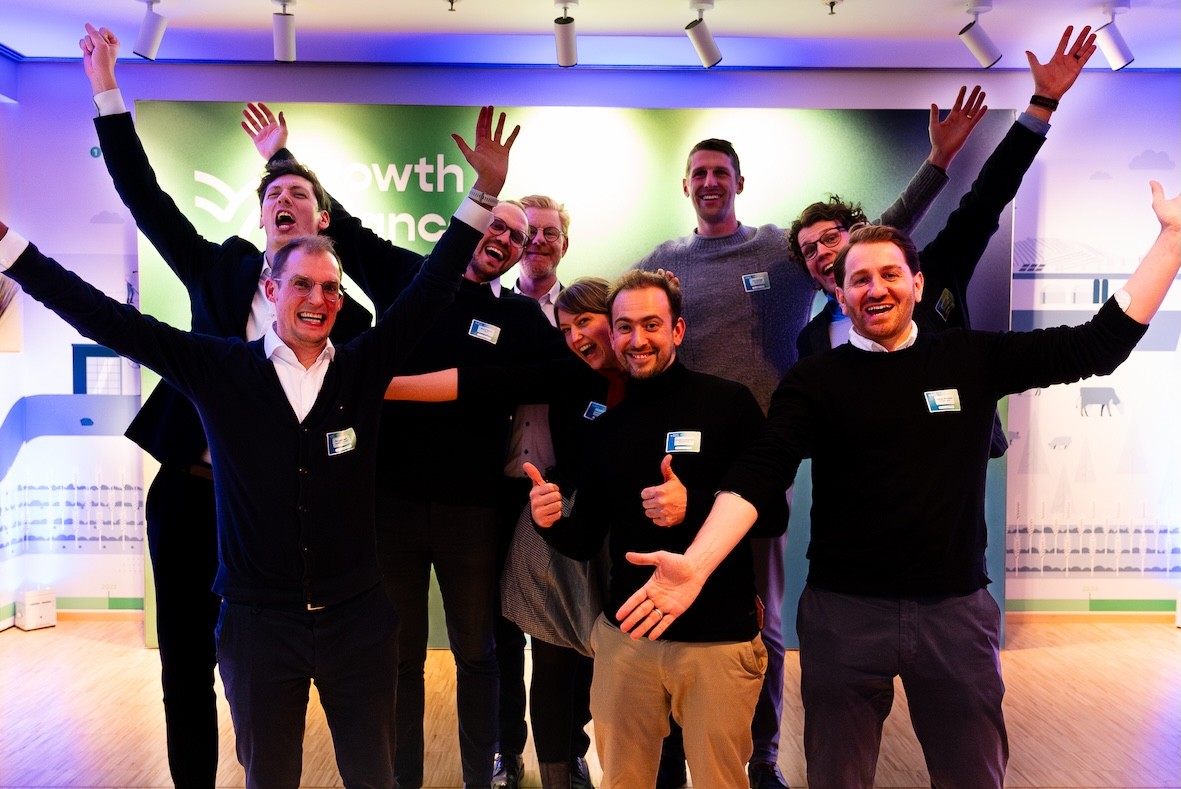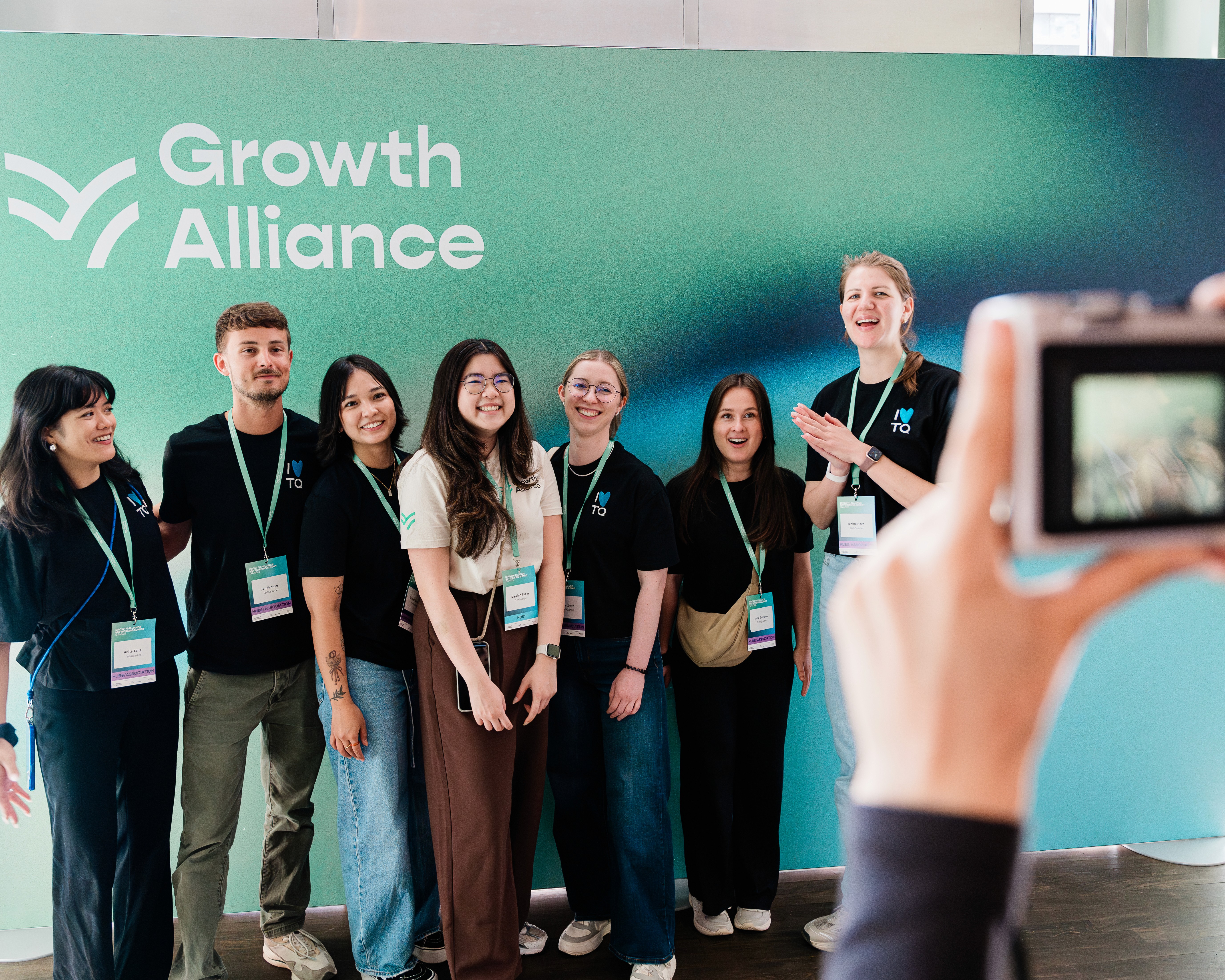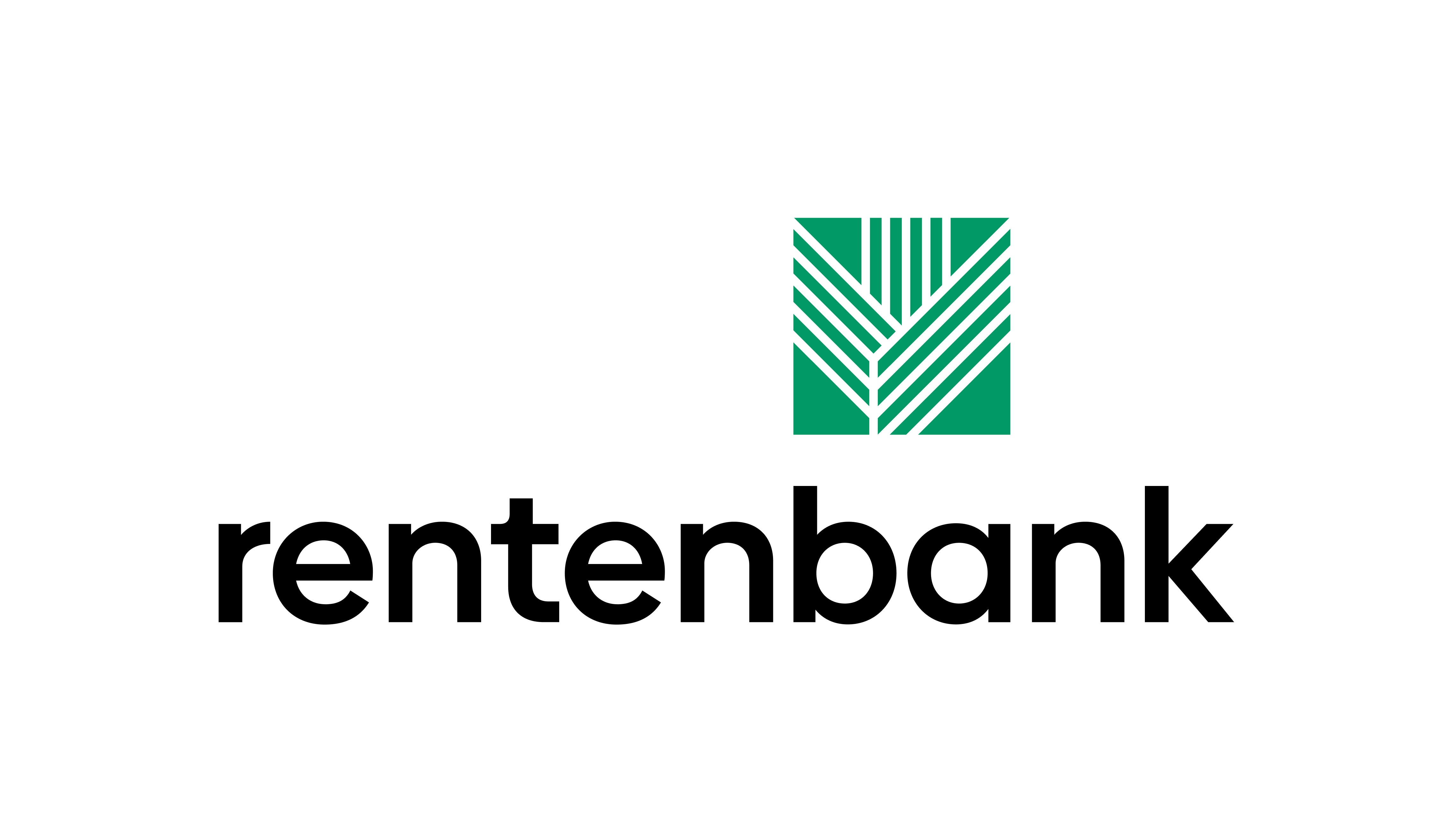
Water Worries - Where are we headed?
GANS25 - Teil 2
DATE
Aug 4, 2025
AUTHOR
My-Linh Pham
CATEGORY
News
The GANS25 in Frankfurt am Main on May 8 focused on the major themes for a greener future. The program also provided informative impulses and insights into the second focus of the event: "Efficient Water Use - What technological options do we have?"
Read the first topic focus: Alternative proteins - and their impact on agriculture
Water Worries
Climate change and extreme weather events are already keeping farmers around the globe on their toes. Precipitation plays a decisive role in successful farming. When we talk about so-called heavy rain events, it usually means that it rains too much in too short a time. The soil becomes waterlogged and the risk of erosion increases. If it rains too little, falling groundwater levels, droughts, and atypical dry periods are the result. Farmers feel both water worries in their harvests – which usually means economic losses.
Crop irrigation is no longer rare – however, the methods are still up for discussion with repeated calls for innovative and resource-efficient irrigation technologies. Some already exist.
Do we need more innovations on how to use water more efficiently, or is it time to implement existing solutions on a broader basis?
Keynote by Jacob van den Borne: Using Data Correctly
As a pioneer in precision farming, farmer Jacob van den Borne shared his work in the southern Netherlands with the audience. "Precision farming is not just about technology. It's about the question: How can I use this technology to do my job?" explained the 44-year-old. His business, Van den Borne Potatoes, grows potatoes on approximately 600 hectares in Belgium and the Netherlands. After taking over the business from his father in 2006, he introduced precision technology to manage his 190 potato fields with an average size of three hectares.
He asked himself: "What can I learn from the collected data?" and developed a precision farming cycle with 16 individual steps throughout the year including soil analysis in winter to fertilization and irrigation, all the way to harvest and storage. He took his audience through his agricultural year and let them participate in important cycle steps. "My grandfather – who only had seven hectares – walked through his fields every day. If I did that, I would be a bit more athletic," chuckled van den Borne. Instead, he uses tractors equipped with sensors and still knows exactly what is happening in his fields. The data is compared with the operating results from the last 20 years – if a deviation occurs, he is immediately informed.
Van den Borne then uses satellites or drones to obtain more accurate information about affected parcels. Various cameras detect weeds, thermal images show when plants are too warm – meaning they need water or are sick. "Without irrigation, our yield would be on average 25 tons lower." He introduced the audience to the idea of an irrigation robot, "an autonomous vehicle that irrigates where it is needed." He aims to further develop agriculture topics. "We keep learning." he said. "Whenever I solve something, 100 new questions come up." With the newly established Van den Borne Campus and trial fields, he aims to tackle these questions in collaboration with many different firms and start-ups in the future.
Startup Insight with Agvolution CEO Thilo von Freier: Time to Change Something
"Agvolution was founded four years ago with the goal of increasing resource and agricultural efficiency. And one of the biggest challenges is irrigation," explained Thilo von Freier. Irrigation is no longer a question of intuition, according to the Agvolution CEO. Seventy-five percent of the global freshwater is used for irrigation, and 35% is lost due to inefficient irrigation. "It's time to change something," he stated clearly. A new type of sensor technology is the idea behind Agvolution. Sensors in the field collect data on soil moisture and condition and relay it to specially developed software. This software then provides recommendations for action to the farmer and can even control the irrigation.
"The farmer gets not only insights about the soil but a fully automated process," said von Freier. In the past two years, the company has sold 2400 sensors. A subscription model with a basic version allows farmers uncomplicated entry into the system, with additional functions available for a fee. The collected data can be used to further train the utilized models.
Panel Talk: Irrigation in Focus
Following the innovative impulses was a panel talk with a healthy dose of practice, moderated by Friedrich Bardua, Investment Analyst from the Landwirtschaftliche Rentenbank. Alongside Jacob van den Borne and Thilo von Freier, Brice Lemarechal from irriport GmbH joined the discussion. "What is the biggest challenge in ensuring water supply in the future?" Bardua asked the group. Von Freier sees two challenges here - the awareness and a lack of incentive to save water due to the low price in this country. Aspects that van den Borne could only agree with and added that there is often a lack of awareness of new technologies that could actually help. The question of who owns the water is also a topic for farmers. "The biggest challenge from my perspective is water management issues," explained Lemarechal. It requires a whole ecosystem where everyone works together. "This is not something that agriculture can solve alone."
Finding the Right Balance
There is much discussion about how much water agriculture is allowed to consume. Von Freier shares information about in the Australian water distribution system. If a farmer works efficiently and does not consume the water allocated to him, he can trade it. "I believe that this is an interesting approach for water efficiency," he explained. "For me, farmers are not just farmers; they shape the landscape," Lemarechal interjected and advocated supporting farmers in increasing water efficiency on their fields with good soil management and even "harvesting" more water.
Farmer van den Borne also sees himself as a "land manager." He agreed with his predecessors on many points and emphasized that collaboration is important, for example, by transferring water from regions where it is not needed to areas that desperately need it – as long as water efficiency at these locations is guaranteed through data observation.
Using wastewater in agriculture?
The Dutch farmer sees a big problem in that much water is wasted. The group had a lively discussion about wastewater and the question of whether treated water from urban environments could be used in agriculture. Yes – although not necessarily for food production, it could be used in many other areas of agriculture, according to the practitioner's opinion. "However, politics would also have to take a big step here," emphasized von Freier. Only then could planning begin. Lemarechal reported that first steps have already been taken. Two years ago, a new law on wastewater use was enacted, which is now to be implemented in Germany as well. "This is a great opportunity, especially for regions with too little water."
How much is water worth?
But how much do consumers and farmers actually know about the value of their water? "Water needs to become more visible," van den Borne is sure. It is our main resource, yet because it is so cheap, it often has no value. Von Freier suggests providing more incentives for more efficient water use. In agriculture, this might mean that a farmer is allocated more water if he applies a new technology. However, large operations are quicker to implement new technology than small operations, Lemarechal interjected. "For most regions, we need cooperations where farmers come together, develop irrigation systems, and exchange knowledge," he suggested. Farmer van den Borne also advocates for more collaboration. However, he admitted that issues with government and politics block many innovations.
Irrigation - What Farmers Need
Hardware or data: What exactly do farmers need first when they want to improve their water efficiency? "Knowledge," replied van den Borne. "Sensors help, but knowledge is the most important thing." Von Freier added that the provision of the right technology is also a matter of financing. There are already many start-ups and promising projects. "The focus should now be on how we can get farmers to use this technology and bring the ideas into practice."
Links to the Keynotes:
This is how the data farmer works: Jacob van den Borne took the audience along on his innovative potato farm in the southern Netherlands.
The sensors from the start-up AGVOLUTION allow a glimpse into the soil. CEO Thilo von Freier presented the concept.
What does the irrigation of the future look like and what do farmers need to save water? Our experts discussed these questions and more in the panel talk.
More articles
Press
10 Innovative Start-ups treiben die AgriFood-Branche heran
Jan 29, 2026
News
Die Growth Alliance sucht Verstärkung im Bereich Innovation
Dec 16, 2025
News
Das war das Idea Camp 2025!
Sep 25, 2025
News
Innovation for agriculture and food economy
Sep 11, 2025
News
Alternative proteins – and their impact on agriculture
Jul 2, 2025
Press
Innovation meets network - GANS25
May 13, 2025
Press
The Growth Alliance Networking Summit 2025 is moving to the next round
Apr 16, 2025
News
Preserving the wealth of plants and animals with innovative ideas
Apr 8, 2025
News
Why founders should embrace circular thinking
Mar 5, 2025
News
How plant-based proteins are revolutionizing nutrition
Oct 24, 2024
Press
Successful Growth Alliance Networking Summit - GANS24
Jun 24, 2024
Press
AgriFood startups take off
Feb 1, 2024

















